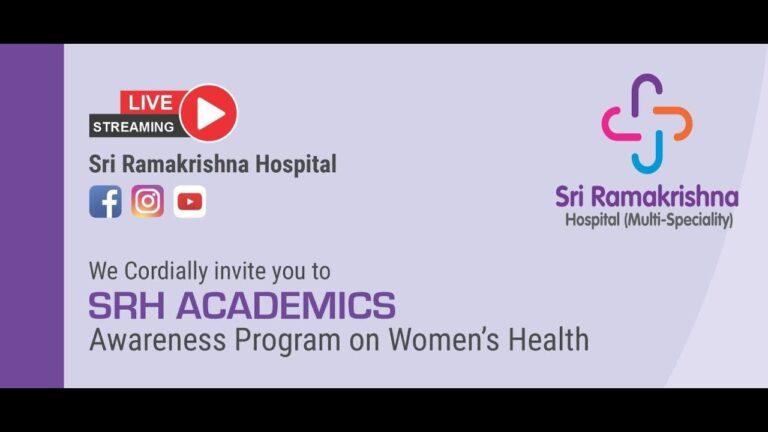David Charles Mitchener was admitted to a local hospital in Surrey with hypercalcemia, a condition in which blood calcium levels are above normal. Lab tests revealed that he had vitamin D levels at the maximum amount recordable. He had been taking vitamin D supplements for at least nine months. “Hypercalcemia can occur from really high vitamin D doses or moderate doses in persons with serious conditions,” says Lawrence Appel, MD, MPH, a professor of medicine at Johns Hopkins University in Baltimore. A postmortem revealed Mitchener’s cause of death to be vitamin D toxicity and hypercalcemia along with ischemic heart disease (caused by narrowing of the arteries), congestive cardiac failure, and chronic kidney failure. High blood calcium levels may lead to deposits in the arteries and organs, heightening cardiovascular and other health risks. Why Take Vitamin D in the First Place? The frenzy for vitamin D expanded along with studies that were mostly observational in showing a link between vitamin D deficiency and an increased risk for a variety of health problems. Several clinical trials, however, have found that vitamin D offers little or no benefit as prevention or treatment for cardiovascular disease, cancer, asthma, diabetes, or fractures. “Vitamin D supplements have been oversold to consumers as a means to prevent or treat many diseases,” says Dr. Appel, adding that supplements do support bone health. How Much Vitamin D Should People Be Getting? “Vitamin D requirements vary among individuals, and target vitamin D levels are not agreed upon by all professional societies,” says Denise Millstine, MD, an internist in the department of integrative medicine at Mayo Clinic in Phoenix, Arizona. A blood test can measure a form of vitamin D known as 25-hydroxyvitamin D to see if you’re getting enough of the nutrient. How to Tell if You’re in the Vitamin D Danger Zone Vitamin D toxicity or hypervitaminosis D is extremely rare, and it is nearly impossible to develop the condition from sun exposure or through foods that naturally contain vitamin D, according to Dr. Millstine. If you start to regularly ingest excessive daily amounts of supplements, you run the risk of overdosing and putting your health — and even your life — in danger. Symptoms of extremely high vitamin D intake include weakness, fatigue, depression, confusion, stupor or coma, polyuria (excessive urination), nephrolithiasis (kidney stones), renal failure, calcifications in soft tissues, conjunctivitis (often called pink eye), fever, chills, anorexia, nausea, vomiting, and constipation. Also, if you’re taking a daily vitamin D supplement or a multivitamin, check the label and know how much you’re getting. “In my practice, I see a lot of people taking multiple products that contain vitamin D, which can easily add up,” says Millstine. The coroner’s report on the man who overdosed on vitamin D noted that no warnings were on or in the supplement packaging detailing the specific risks or side effects of taking vitamin D supplements. “In my opinion, there is a risk that future deaths will occur unless action is taken,” wrote the assistant coroner, Jonathan Stevens, in the report. Stevens suggested that current labeling requirements do not address the potentially very serious risks and side effects of vitamin supplements in excess, and appropriate warnings and guidance about dosage may help prevent future deaths. Editorial Sources and Fact-Checking Everyday Health follows strict sourcing guidelines to ensure the accuracy of its content, outlined in our editorial policy. We use only trustworthy sources, including peer-reviewed studies, board-certified medical experts, patients with lived experience, and information from top institutions. Sources David Mitchener: Prevention of Future Deaths Report. Courts and Tribunals Judiciary . February 24, 2024. Vitamin D: Fact Sheet for Consumers. National Institutes of Health. November 8, 2022. Ginde A et al. Demographic Differences and Trends of Vitamin D Insufficiency in the U.S. Population, 1988–2004. Archives of Internal Medicine . March 23, 2009. Lee J. Do You Need a Vitamin D Supplement? Consumer Reports. November 2, 2022. Cummings S. VITAL Findings — a Decisive Verdict on Vitamin D Supplementation. New England Journal of Medicine . July 28, 2022. Markets and Markets. Vitamin D Market. November 2022. Heaney R et al. Vitamin D3 Is More Potent Than Vitamin D3 in Humans. Journal of Clinical Endocrinology & Metabolism . March 1, 2011. Food Sources of Vitamin D. Dietary Guidelines for Americans. Questions and Answers on Dietary Supplements. U.S. Food and Drug Administration. February 21, 2024. Resources Manson J et al. Vitamin D Supplements and Prevention of Cancer and Cardiovascular Disease. New England Journal of Medicine . January 3, 2019. Forno E et al. Effect of Vitamin D3 Supplementation on Severe Asthma Exacerbations in Children With Asthma and Low Vitamin D Levels. JAMA Network . August 25, 2020. Pittas A et al. Vitamin D Supplementation and Prevention of Type 2 Diabetes. New England Journal of Medicine . August 8, 2019. LeBoff M et al. Supplemental Vitamin D and Incident Fractures in Midlife and Older Adults. New England Journal of Medicine . July 28, 2022.
This content was originally published here.



















